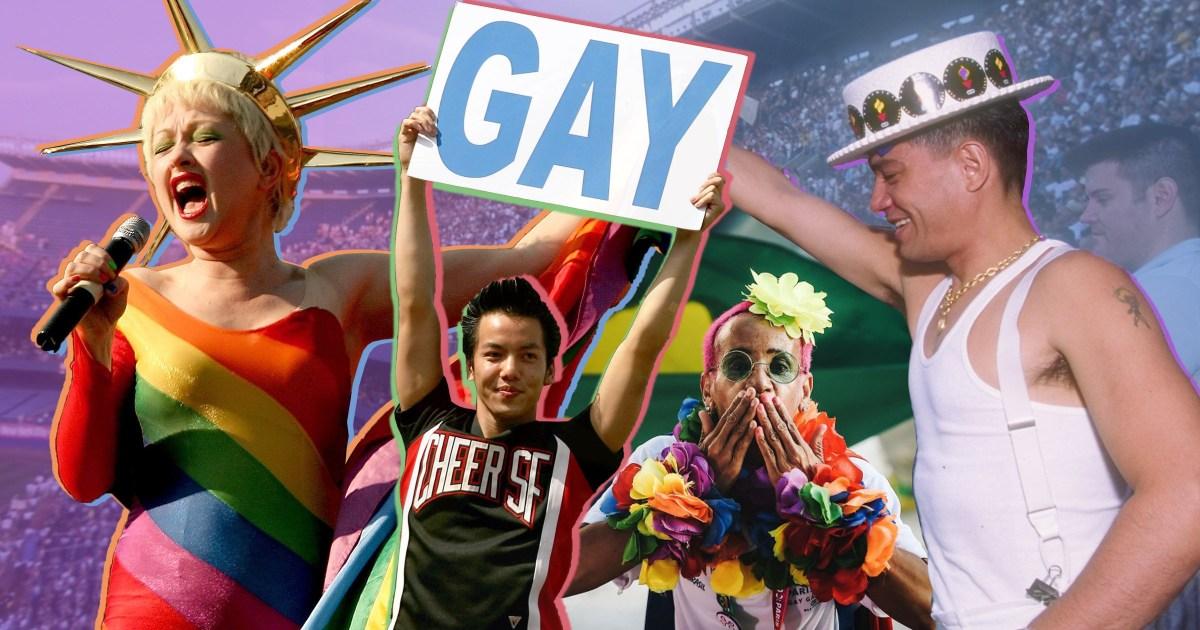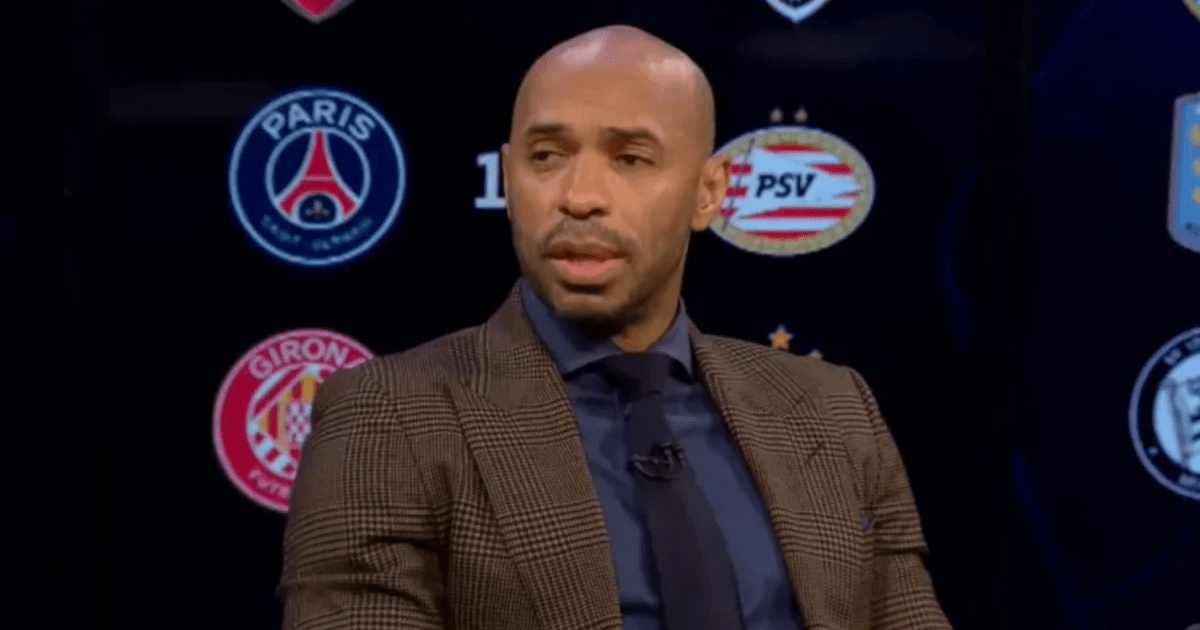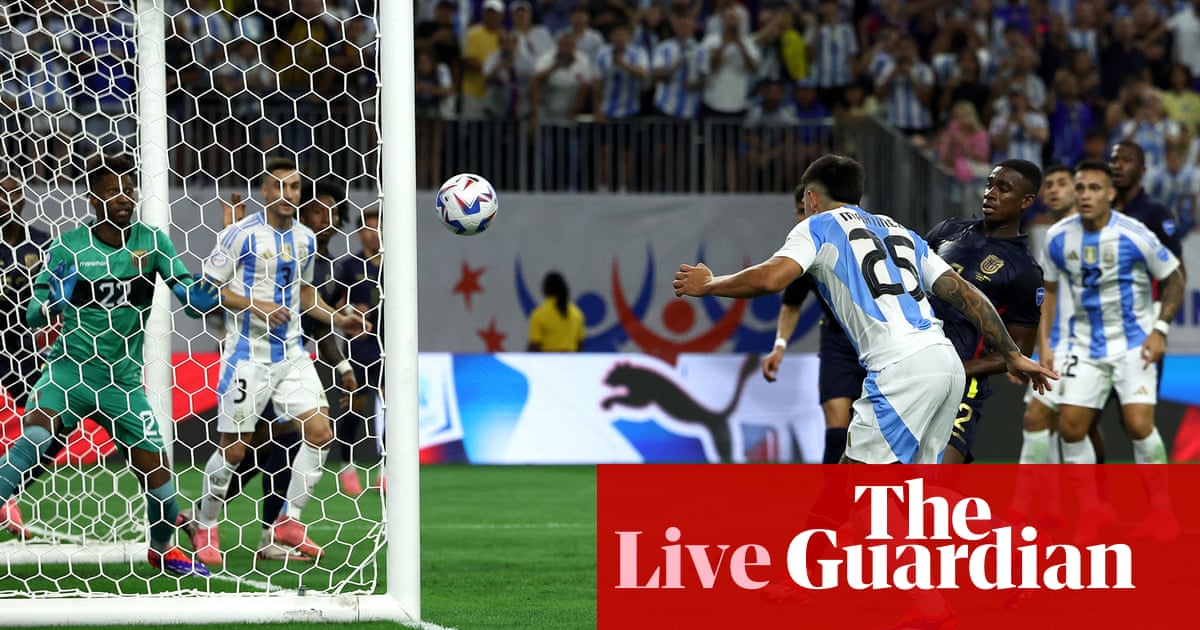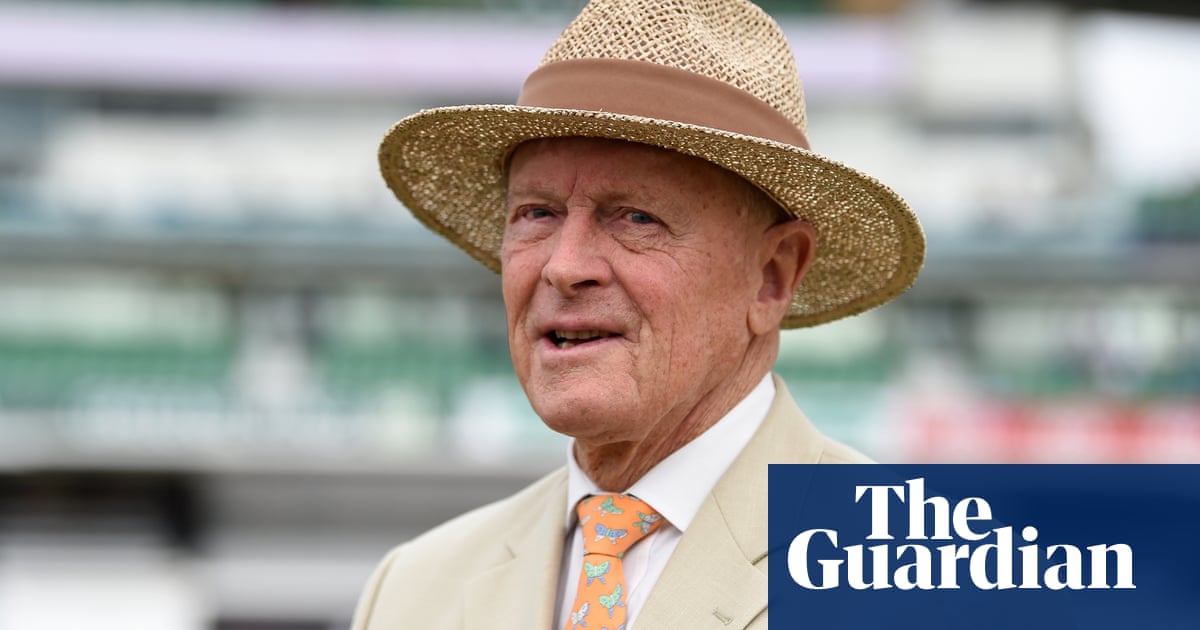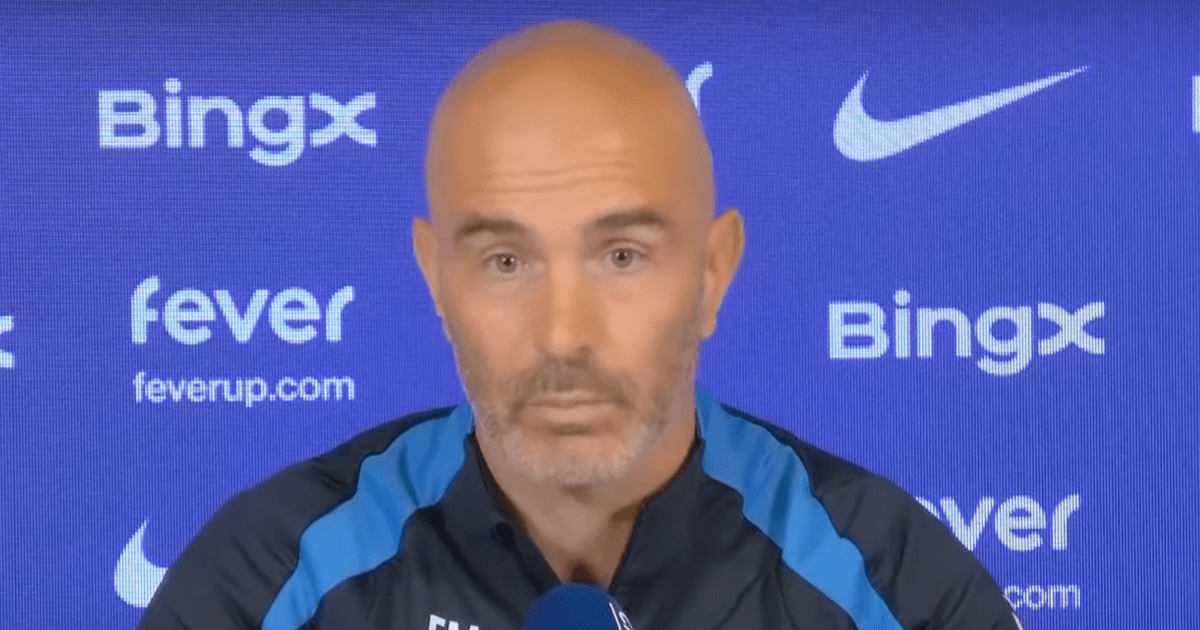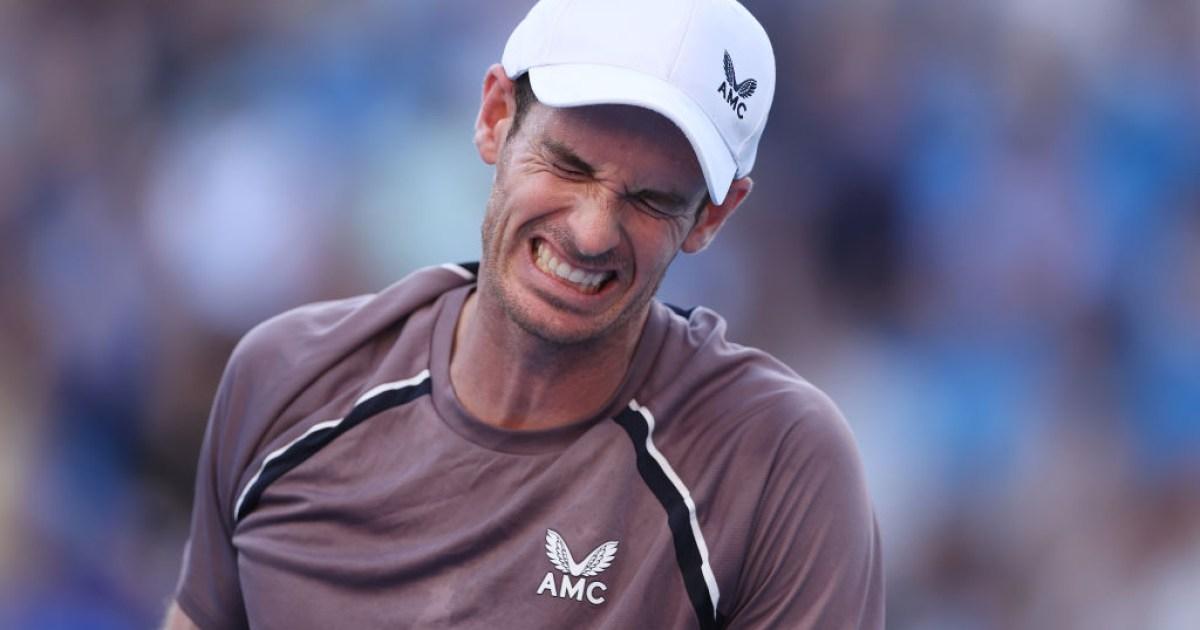
As Soizick Jaffre laced up her shoes, she paused before looking at the bowling alley in front of her.
Tucking in her shirt, custom made by her friend in Vietnam, she took a breath. This time last year, Soizick had never bowled professionally or even heard of the tournament she was taking part in. But this year, she was in the thick of it.
Called the Gay Games, the event burst onto the LGBTQ+ scene in 1982 and was the brainchild of Tom Waddell, a doctor, activist and former Olympic athlete. He was gay at a time when very few people in sport had come out.
However, this was an event open to LGBTQ+ people from across the world – including those where homosexuality remains illegal – so they could come together in a safe space and take part in sport.
‘Tom was proud of who he was,’ Soizick tells Metro. ‘He believed that people who were ostractized should have a place to gather to celebrate positive things about themselves through sport.’
Even so, decades after it was launched, many people from the LGBTQ+ community still aren’t aware that such an event exists.
Soizick was one of them, the Frenchwoman admits. ‘I barely knew anything about the Gay Games – not until it came to Paris in 2018.’


Waddell’s plans for the inaugural ‘Gay Olympic Games’ in San Francisco featured a 4,000-mile torch relay from New York’s Stonewall Inn – the site of the 1969 riots that launched the gay rights movement in the USA – and a glittering opening ceremony and wider echoes of the ‘traditional’ Olympic spirit.
‘Athletically speaking, the Games are not about competition alone, they never were’ Waddell had said. ‘They are about participation and self-fulfillment. They are not just a one-week event, they are a continuous process. They’re symbolic in the Gay movement in a way that is assertively free of discrimination. They’re symbolic of friendship and fun and they are for everyone.’
However, a problem emerged. Waddell was told by the United States Olympic & Paralympic Committee (USOPC) that he had breached copyright by using the word ‘Olympic’. This was despite numerous other events – such as the Special Olympics, the Police Olympics and even the Dog Olympics – doing the same.
Just 19 days before the event began, organisers painstakingly scrubbed the word ‘Olympic’ from all merchandise and posters in order to avoid the wrath of the USOPC.
The Gay Olympic Games became the ‘Gay Games’ as a result of the skirmish, with the inaugural tournament taking place in 1982. In the years that followed, the success of the 10-day event grew – as did the freedom it gave athletes.

The event was founded at the beginning of the AIDS crisis and features events like ‘Pink Flamingo’, which tasks swimmers with creating a red ribbon in the water to honor people who have lost their lives to the illness.
Waddell himself tragically died of AIDS in 1987. He was one of the first Olympians to succumb to that disease and the Gay Games has an award in his honour.
His vision for the Gay Games had also centred on fun as well as education – he wanted to provide a sense of escapism for participants. LGBTQ+ icons like Cyndi Lauper, Pam Grier, Liza Minnelli and The Indigo Girls have since rocked the Gay Games ceremony stage throughout the years.
Sporting events have included the ‘traditional’ sports such as tennis, swimming and golf, but also ballroom dancing, bridge and dragon boat racing. There’s also been events like rodeo, cheerleading, bodybuilding, billiards, country dancing and croquet throughout the Games’ history. People of any gender, sexuality and sporting ability can sign up for the tournament, with rankings in which a person can select the level at which they want to compete.
For Soizick, she was initially unsure on which sport to participate in when the Gay Games came to Paris in 2018. After she mulled over her choices, she decided to try something brand new.
‘I chose bowling because I wanted to do something fun, a sport where I wouldn’t take myself too seriousy,’ she explains. ‘I booked in lessons to practice but, as the Games approached, I felt really self-conscious .


‘I asked myself “What am I doing here? “What if I’m not good enough?”
‘But I soon realised I had nothing to worry about. It’s about the community, the people you meet. There were competitors from all over the world, from countries where gay people suffer a lot, where your sexuality can be a matter of life or death.
‘That really taught me the true meaning of the Gay Games.’
While the event shines a light on the positive achievements of the LGBTQ+ community, they also provide a ‘beacon of hope’ to those struggling in countries with poor human rights records, Guin Ballard tells Metro.
The 30-year-old is Officer of Ceremonies for the Federation of the Gay Games (FGG). Along with other volunteers, who ‘became like family’, Guin helped plan the 2023 Gay Games in Hong Kong, which marked the first time the event was held in an Asian city. She worked with authorities to find venues and co-ordinate performers to help make history.
‘It was a few days of what felt like magic,’ says Guin, who identifies as queer. ‘I felt really lucky to work closely with so many amazing people, like Zander Murray [first openly gay Scottish footballer], and be inspired by them.


‘The opening ceremony was one of my favourite moments. We had drag queens Shea Couleé and Courtney Act perform, which was amazing. Regina Ip [top government advisor in Hong Kong] also took to the stage and spoke so openly and graciously about the Gay Games. That felt really special.
‘Those little moments of decisive support are really impactful for people in Hong Kong.’
In Hong Kong, same-sex relationships are recognised but same-sex marriages or civil unions are not. Ahead of the 2023 Gay Games, anti-LGBTQ+ lawmakers demanded the event be cancelled, and claimed it would spread ‘bad ideologies.’
It marked just the latest backlash the event had faced through history. When the Gay Games came to Vancouver, Canada in 1990, social conservatives took out full-page ads in The Vancouver Sun and The Province to ‘warn’ of the ‘impending sodomite invasion.’
And in 1997, when Amsterdam was to become Europe’s first city to host the Gay Games, people raised doubts about the capabilities of the athletes. A spokesperson was forced to tell the press: ‘The competitors will all be homosexuals, but this won’t lower the standards of sporting ability.’
For Guin, she has seen this kind of backlash first-hand.
She says: ‘A month before the Gay Games in Hong Kong we were forced to suddenly change venues. The rug was pulled from under our feet, but that didn’t deter us. If anything, it just made us stronger and more determined.


‘The event is about coming together and being part of something special with like-minded people in sport. We had obstacles to overcome [bringing the Games to Hong Kong], but the moment the games started we were focused on creating moments in history.
‘In today’s environment, it feels like there’s always going to be some backlash. And it’s unfortunate that people can’t see the benefit for everyone. But I think the success of what was created will always outshine any backlash.’
Today, the Gay Games welcomes and encourages participation of all athletes and artists, gay or straight, old or young, experienced or novice, able-bodied or disabled, with no qualifications or requirements to participate.
Guin, originally from Atlanta, hopes a younger demographic, bolstered by the age group’s wider acceptance of LGBTQ+ issues, can also be encouraged to sign up for the 2026 Gay Games in Valencia, Spain, and find out about the history of the event. As of yet, the event has not taken place in the UK.
She adds: ‘If you have an opportunity to be part of the Gay Games, do it. Bring your friends as it’s not only a sporting event, it’s a party and celebration. The Gay Games is an event like no other.’


Meanwhile Soizick was so inspired by her time at the 2018 Gay Games, that she’s penned a graphic novel inspired by the experience. It’s due out later this year and features her own personal journey realsing she was gay, her relationship with sport, and the joy she felt at the Gay Games.
One chapter is inspired by Biggie, a Ugandan woman on Soizick’s bowling team. She had to use a fake name for her own safety, given the homophobia rife in her home country.
‘The Gay Games is kind of like Olympics. But in a way, it’s evolved into something far more,’ she adds.
‘The Olympics has become very political – we’ve seen killings, protests, athletes refusing to shake hands. But the Gay Games, it’s totally open to everyone. In my book, I call the event the “Game of Freedom”.
‘I’d say to everyone, come and play the Game of Freedom. Come as you are, whether you’re gay, lesbian, straight, not labelled, anything. You’ll feel happy, supported and meet people who will change your life.’
The Gay Games is held over 10 days every four years. The 12th Gay Games will be in Valencia, Spain in 2026. To find out more, click here.
To find out more about Soizick’s graphic novel, click here
Do you have a story you’d like to share? Get in touch by emailing Kirsten.Robertson@metro.co.uk
Share your views in the comments below.
MORE : Why is Disney only ‘woke’ when women of colour lead?
MORE : I found my birth mother after 45 years – then she rejected me all over again
MORE : My cat went missing for over nine years, we still laugh at where we found him
